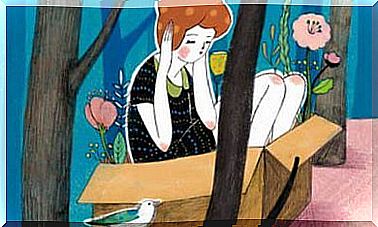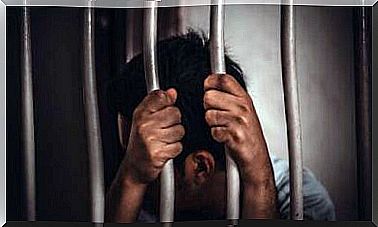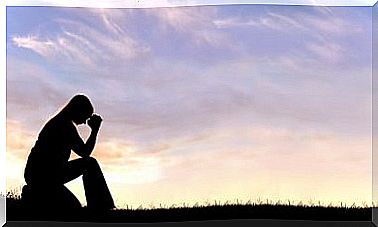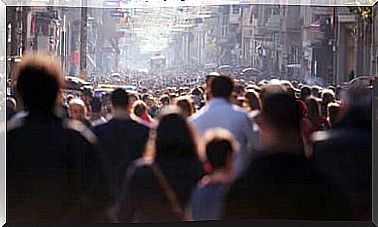Poor Sleep Causes A Strong Sense Of Loneliness
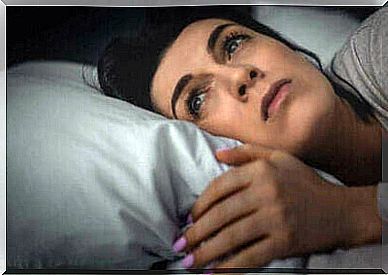
The feeling of loneliness and sleeping problems are growing difficulties in the world. The first has increased dramatically; countries, such as the UK, now have a “Ministry of Solitude”. And bad sleep has also become a common occurrence around the world.
The novelty is that a study has found a link between the two phenomena. It seems that sleeping poorly causes a strong feeling of loneliness. Although the study does not mention it, it is known that when a person does not get along with their loneliness, they tend to have problems sleeping.
Bad sleep sets off a whole storm of feelings. It’s clear that lack of sleep affects our mood: it makes us less motivated, more irritable, and less able to direct and maintain our attention. The study we will discuss later shows that it also increases the feeling of loneliness.

The study of the University of Berkeley
The study on the relationship between lack of sleep and feelings of loneliness was conducted by neurologists Eti Ben-Simon and Matthew Walker of the University of California (Berkeley). The results were published in the journal Nature Communications in 2018.
A previous study of 140 volunteers had already shown that after a night of sleep deprivation, people reported feeling isolated and having no one to talk to. Ben-Simon and Walker wanted to corroborate and refine these conclusions.
To do this, they asked 18 young people to sleep in their homes for an entire night, without interruption. The next day, they were to spend a sleepless night in a laboratory. To do this, they were given a lot of activity so that they could not fall asleep for a minute.
Then a video was played for them. It showed a person walking towards them from a distance of 3 meters. They were asked to press a button when they felt that person was too close. The results showed that on average, volunteers stayed away 15% more than another group who slept the night before.
The effects of poor sleep on feelings of loneliness
The researchers also found that an area associated with a sense of threat was activated in the volunteers’ brains when the person in the video approached the camera. In other words, they felt more strongly the risk of being close to others.
There has also been a decrease in activity in areas of the brain associated with socialization. This means that their motivation to interact with others was lower.
The volunteers, meanwhile, said they felt more alone. In the words of one of the researchers: “The less we sleep, the less we want to interact with others ; on the contrary, we avoid social life, which increases the interpersonal consequences of lack of sleep ”.
Another eye-opening experience
Eti Ben-Simon and Matthew Walker took the experience to a second phase. This phase mobilized 1,000 volunteers. All received videos showing the 18 volunteers from the previous experiment. Each video lasted just over a minute and each of the 18 volunteers spoke on informal topics, guided by a 10-question quiz.
Half of the videos were recorded after a night’s sleep and the other half after a sleepless night. Viewers did not know. They were simply shown the videos, in random order – it doesn’t matter if they were recorded after a night’s sleep or after a night’s sleep.
They were then asked to indicate which participants appeared to be the most lonely; most viewers identified those who had not slept. They also expressed that they saw no motivation or direction to interact with these people.

The results of the study on feelings of loneliness and sleep
In the last part of the experiment, the 1000 volunteers were asked to share their own feelings after watching the videos of the first 18 participants. The result was that seeing those who hadn’t slept also increased the feeling of loneliness among viewers.
The researchers noted that, to some extent, the feeling of loneliness was “contagious”. Several said they inexplicably felt more lonely after watching a video of someone lacking sleep.
The conclusion is that poor sleep negatively predisposes people to socialize with others and, moreover, causes feelings of rejection in others. The good news is that just one night’s sleep is enough to make the effects we have listed go away.


